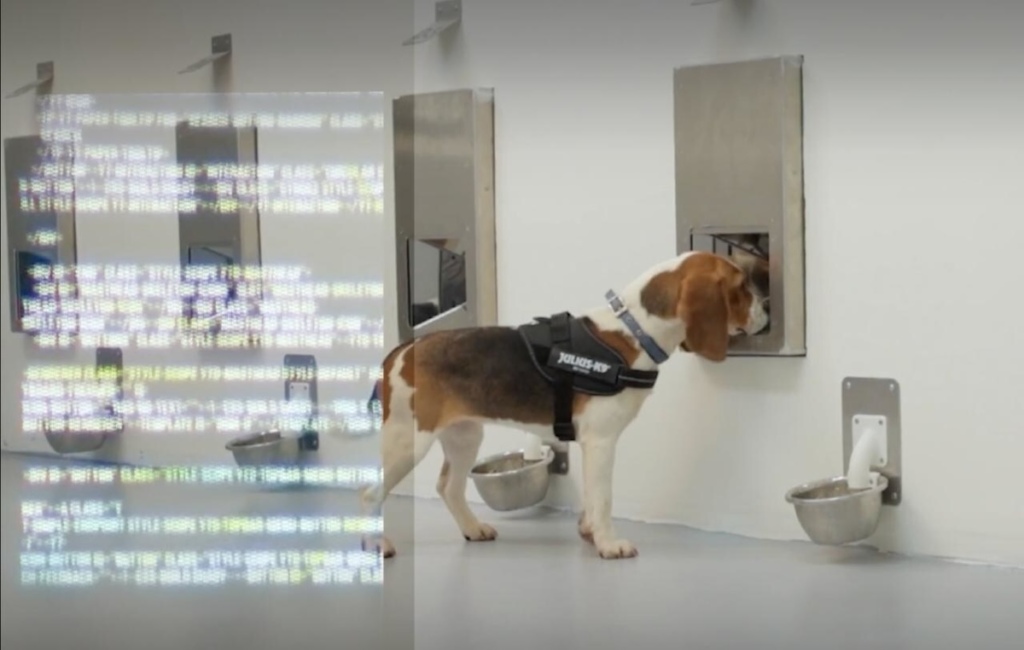
SpotitEarly, a biotech startup developing an at-home breath test for early cancer detection including breast cancer, is getting ready to launch in the United States after raising $20.3 million in funding.
The company’s technology combines trained canines and artificial intelligence to analyze volatile organic compounds (VOCs) in breath samples, with a key focus on detecting breast cancer – the most common cancer affecting women – along with colorectal, prostate, and lung cancers at their earliest stages. According to SpotitEarly, their approach achieved a 94 percent accuracy rate in a two-year clinical trial involving 1,400 individuals, with results published in Nature’s Scientific Reports.
The funding round attracted investments from Hanaco VC, Menomedin VC, Jeff Swartz (former CEO of Timberland), and Avishai Abrahami (CEO of Wix.com), among others. The company has also received grants from the BIRD Foundation, which funds joint industrial research between American and Israeli companies.
“Early detection can increase survival rates to as high as 99 percent and save billions in treatment costs to the medical system,” said Alon Lifshitz, Founding Partner at Hanaco Ventures. “Today’s screening methods are often invasive, expensive, and uncomfortable – barriers that limit adoption. SpotitEarly is filling a critical gap in preventative healthcare with a solution that is non-invasive, affordable, and designed to help more people benefit from early detection.”
For breast cancer specifically, the technology could offer an alternative screening option to complement mammography, potentially improving early detection rates. The non-invasive nature of the breath test could increase screening compliance among women who delay or avoid mammograms due to discomfort, accessibility issues, or concerns about radiation exposure.
“While there has been movement from emerging tech companies that have shown great promise for transforming the way we screen and detect cancer, they’ve lacked accessibility and precision,” said Shlomi Madar, Ph.D., CEO of SpotitEarly. “The opportunity to bring SpotitEarly’s innovative tech and dynamic approach to the U.S., and to drastically improve how we conquer a complex and persistent disease that takes the lives of millions of Americans each year, is both a great honor and responsibility.”
As part of its U.S. expansion, the company has appointed several American advisors to its scientific board, including Dr. David Sidransky, a pioneer in molecular genetic detection of cancer; Jonathan Fleming, senior lecturer at MIT; and Dr. Len Lichtenfeld, former deputy Chief Medical Officer of the American Cancer Society, who will serve as SpotitEarly’s Chief Medical Officer.
The company plans to make its at-home test commercially available in the United States in 2026.



